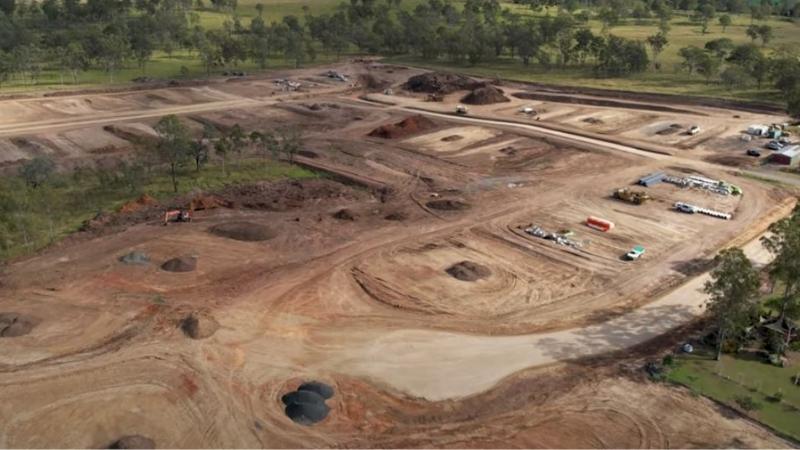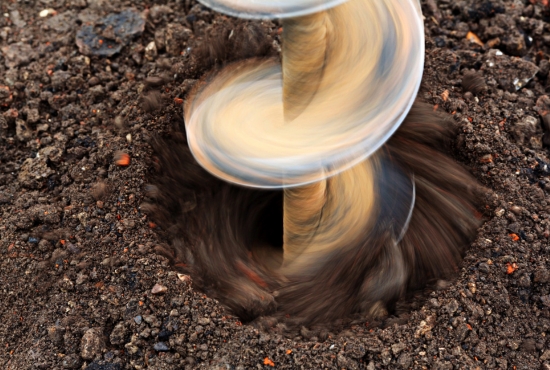


Construction projects generally have a substantial impact on the environment. The significance of the impact depends on things like excavation techniques employed, construction processes applied, and the construction materials used. By opting for sustainable materials and methods, geotechnical engineers can reduce this environmental impact. This generally means implementing techniques such as soil stabilisation and the improvement of ground conditions, (which usually decreases the need for extensive excavation), minimising ground disturbance and preserving existing natural habitats. Additionally, making use of recycled materials and alternative construction methods can help reduce the overall environmental footprint.
By implementing meaningful design and engineering techniques, energy efficiency in the operation of the infrastructure can be maximised. For example, foundations can be designed in such a way that harnesses the Earth’s natural temperature to reduce the energy consumption of the building and its users. Integrating energy efficiency in the early stages of construction projects, geotechnical engineers can help enhance the overall sustainability of the project.
Geotechnical engineers play a pivotal role in ensuring the long-term stability and resilience of the infrastructure they work on. By taking a considered approach to sustainability during the construction design phase, geotechnical engineers can plan for structures that are able to withstand challenges like climate change, natural disasters, and other environmental occurrences. By conducting comprehensive site investigations and incorporating sustainability principles into their work, engineers can assess the potential impacts of environmental factors on soil properties and design resilient foundations and retaining structures. Furthermore, the consideration of the long-term life cycle of infrastructure, including maintenance and potential adaptation to future needs, promotes long-term economic and environmental viability.
To build sustainably, geotechnical engineers seek to ensure that they are using natural resources as efficiently as possible and minimising waste and depletion where they can. By optimising the use of natural resources, and reducing the demand for raw materials, geotechnical engineers can help minimise environmental degradation and enhance resource conservation. In real life practice, this typically involves opting for synthetic materials. Opting for synthetic material reduces the demand for, and consumption of, traditional construction materials while still maintaining the structural integrity of the infrastructure. Building eco-friendly structures and seeking out nature-preserving solutions in geotechnical design can help conserve ecosystems, enhance water and groundwater management, and support biodiversity.
To ensure that sustainability remains a priority for the geotechnical industry, a strong and passionate network is key. Collaboration among professionals, researchers, and policymakers who share knowledge and best practices is vital in driving innovation and fostering sustainable solutions. By establishing interdisciplinary collaborations, geotechnical engineers can integrate insights from fields such as ecology, hydrology, and environmental science, enabling a holistic approach to sustainable design and construction.
Sustainability is fundamental in the field of geotechnical engineering. As the environmental challenges we face become increasingly pervasive, adopting sustainable practices in our field is critical for the resilience and longevity of our built landscape. By minimising environmental footprints where possible, promoting energy efficiency, ensuring long-term structural stability, preserving natural resources, and facilitating collaboration, geotechnical engineers can make significant strides towards creating a bright future. Embracing sustainability in geotechnical engineering not only has a profound impact on our generation, it will also leave a lasting legacy for future generations.
For more information on the projects we’ve been working on, and the services we offer, head over to our Past Projects page.
